

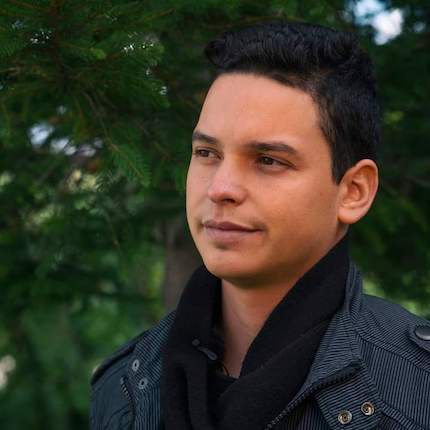

Cuban revolutionary totalitarianism proposes substitutes for God, the Messiah, faith, ideology and rituals.
.jpg)
An interview with Luis Rodríguez Pérez, who follows the fate of political prisoners in Cuba, two years after the pro-democracy protests. “A vast majority of Cubans have been in the opposition since they have the faculty to reason”.
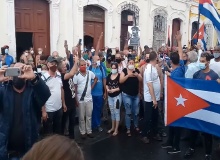
In the days following July 11 evangelical leaders raised their voices as well as others who on rare occasions have directly and publicly confronted the Castro regime..
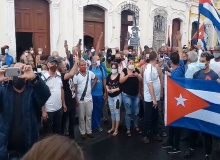
Many registered Cuban Protestant institutions did not remain silent, at the expense of various reprisals, such as losing their legal status.
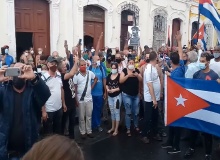
That July 11, 2021, called “11J” by Cubans was the largest protest seen in Cuba in 62 years, triggered by a shortage of food and medicine and the government’s response to the COVID-19 pandemic.
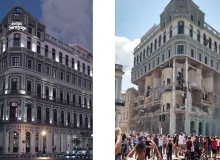
In Cuba, Christian associations such as the Patmos Institute or the Evangelical League offered their resources to those in need.
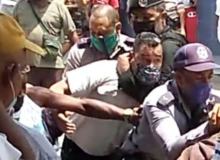
Silence is the biggest noise in Cuba, but Adelys broke it when her husband, a pastor, was arrested during the ‘11-J’ protests in the city of Matanzas.
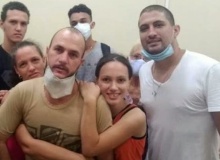
Clashes with the State and punishments of Cuban evangelicals have increased in recent years, but without a high number of imprisoned pastors. Until 11 July 2021 came.

Seven Christian intellectuals ask the state to “respect, guarantee and protect freedom of thought”, and demand “the freedom for Cuban parents to choose their children education”.

Seven big evangelical denominations take a step forward to create their own association as they don’t feel represented by the officially approved Council of Churches of Cuba (CIC).

Las opiniones vertidas por nuestros colaboradores se realizan a nivel personal, pudiendo coincidir o no con la postura de la dirección de Protestante Digital.